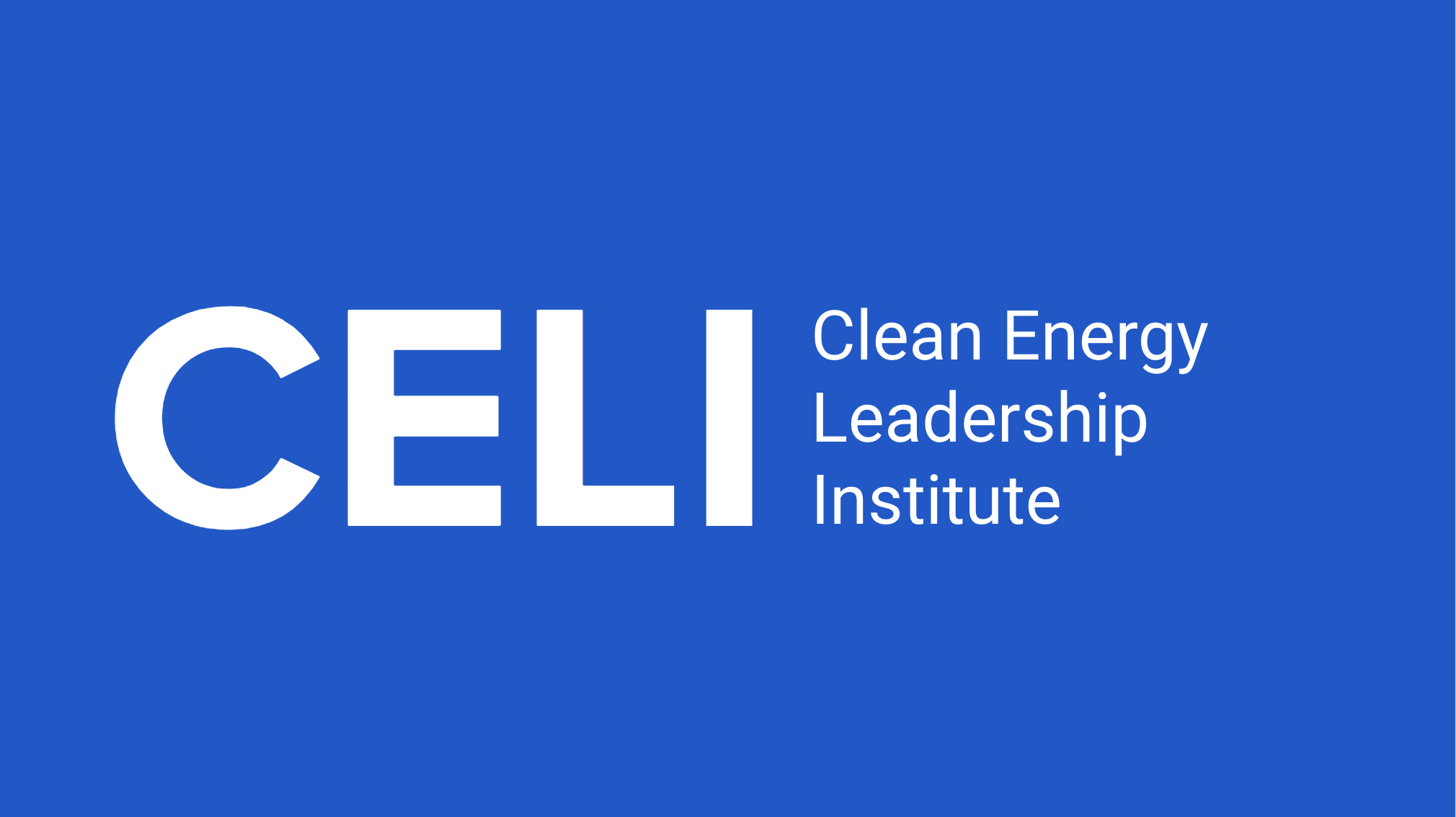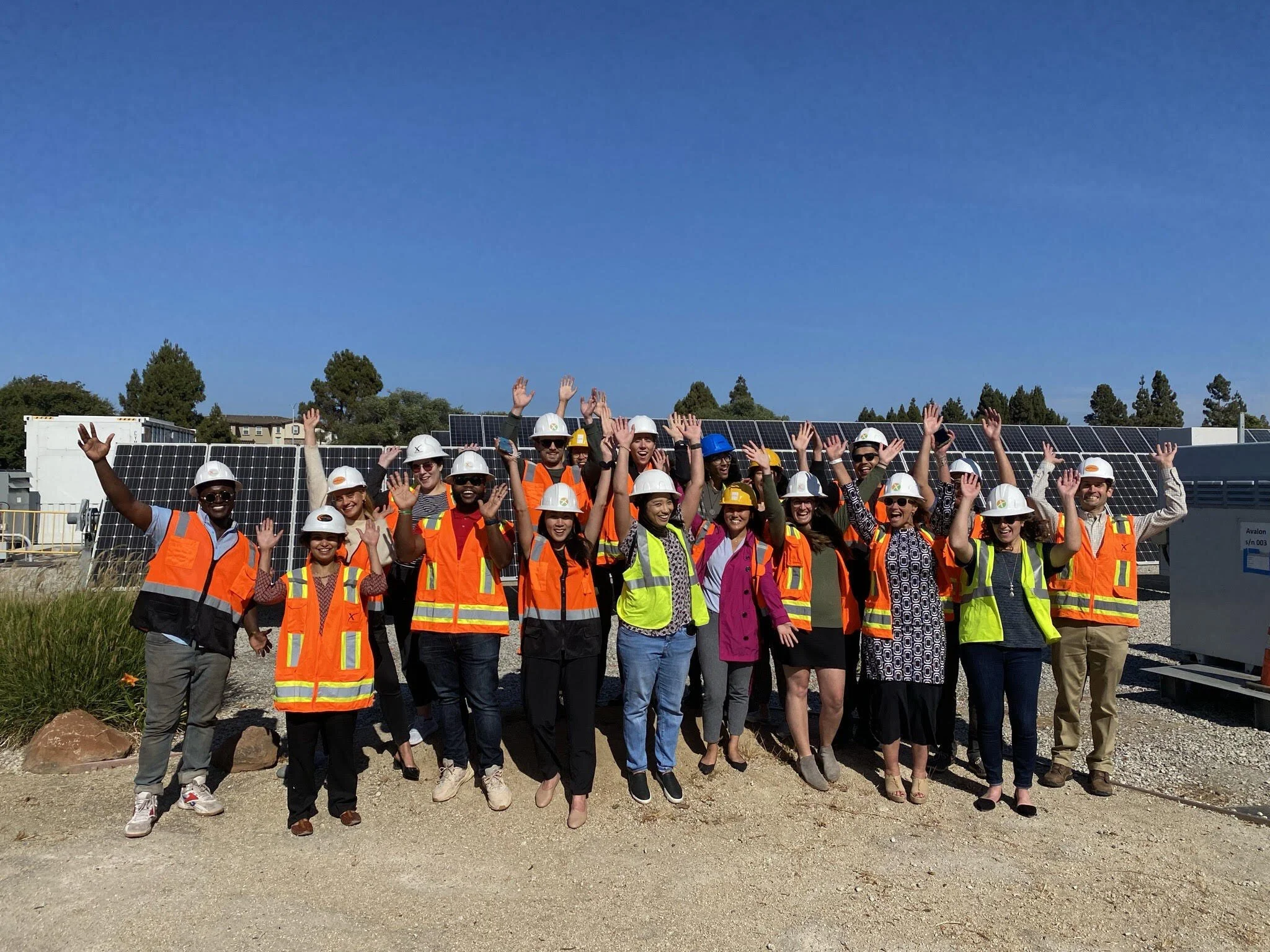Situation
The Clean Energy leadership Institute (CELI) is is a 501(c)(3) nonprofit creating a diverse community of change-makers across sectors and disciplines to drive an equitable, decarbonized, and resilient energy ecosystem. They were looking to improve their diversity, equity and inclusion programs.
Task
Develop and implement a set of principles, objectives and key results for CELI’s DEI efforts.
Process
Listen to stakeholders and community members
I spoke with the Executive Director and other leads in the organization. Then, I held an in-person workshop open to all members of the professional organization to discuss inequities in the clean energy industry and brainstorm ways CELI should do it’s part to mitigate them.
background research
I researched DEI programs for best practices, finding that they needed to add an emphasis on Justice and develop a JEDI council - a group of community members committed to justice, equity, diversity and inclusion who would regularly share ideas, give feedback to, and challenge the Justice Equity Diversity and Inclusion team lead.
Team Development
I interviewed, selected, an onboarded 3 Justice, Equity, Diversity and Inclusion managers, co-creating their roles and responsibilities as a team and as individuals.
principles document
With the entire team, I facilitated the creation of a Justice, Equity, Diversity and Inclusion principles document outlining why it was an important component of CELI’s mission, how CELI defined Justice, Equity, Diversity and Inclusion, key areas of injustice and inequities CELI as an organization was poised to impact, and CELI’s theory of change for achieving a just, equitable, diverse and inclusive clean energy future.
objectives and key results
For each member of the CELI’s JEDI team, we created a series of objectives with quantifiable and timeboxed key results that would indicate progress towards the objective. The categories of objectives aligned with the focus areas of injustice outlined in the JEDI principles document.
Implementation Check Ins
After aligning on objectives and key results, for the next nine months we had internal monthly check ins to ensure progress along the objectives and key results were on track. Leaving room for flexibility, we also made adjustments to objectives and key results and created new ones as needed.
To compliment the internal check ins, we also reported progress on the objectives and key results with the JEDI council monthly, inviting collaborating, feedback, and holding the team accountable from the larger group.
Outcome
CELI improved on each of their Justice, Equity, Diversity and Inclusion metrics significantly over the 9-month period. They had more democratic, inclusive processes established to ensure all voices within the community are heard, and the most marginalized voices are centered in their decision-making. Lastly, they had an established set of principles and strategy upon which to build future goals, programs and events.
Client
The Clean Energy Leadership Institute
Area of Impact
Clean Energy
Service(s)
Business Strategy
“Alexis is a dream to work with. From start to finish, she provided thoughtful insights, timely updates, and delivered a framework that revolutionized CELI's approach to assessing our progress on JEDI efforts. Not only did Alexis codify CELI's JEDI principles and set us up for internal success, she went above and beyond to develop additional resources for members of our community and our partners. I would highly recommend Alexis to anyone who needs a thought partner in building or shaping programs, creating systems for accountability, or working with stakeholders to ensure impact is achieved.”
Liz Dalton | Former Executive Director of the Clean Energy Leadership Institute



